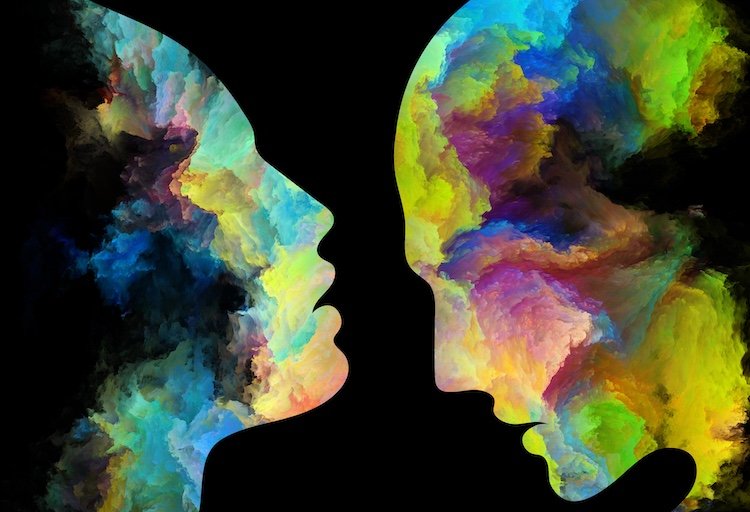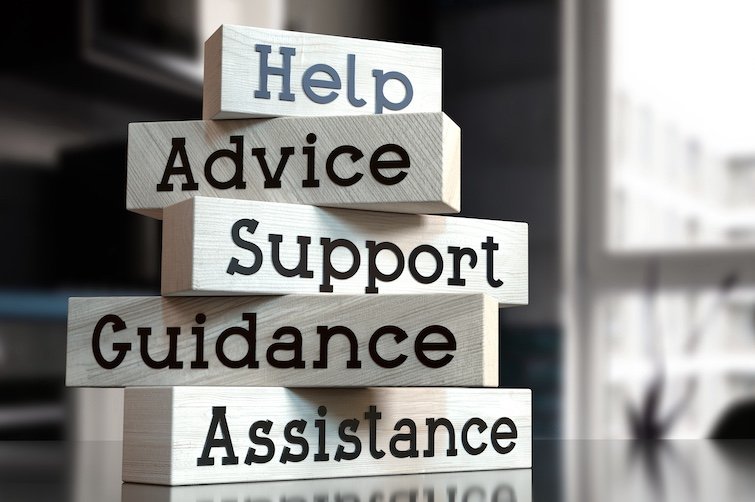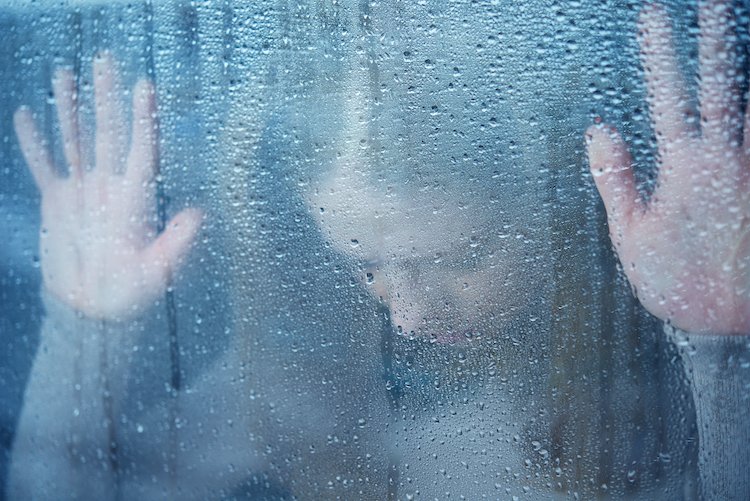
The Emotional Landscape of a Child Coming Out: Navigating Family Dynamics
Navigating a child's coming-out journey can be an emotional and transformative experience for both the child and their parents. This journey is often complex, filled with emotions, challenges, and opportunities for growth. To cultivate a supportive and loving relationship, it’s important for parents to process their own feelings while gaining a better understanding of their child’s emotional needs.

Taming Your Financial Anxiety
Economic uncertainty, inflation, and a host of global events have triggered a rise in financial anxiety. Fear of job loss, rising living costs, and potential recessions have left many individuals and families feeling vulnerable and overwhelmed. Taking a proactive and multifaceted approach to managing this anxiety can foster both emotional resilience and practical stability.

The Entanglement of Hope and Fear in Couple Therapy
We are drawn to our romantic partners out of a largely unconscious desire to satisfy incomplete developmental needs, hoping that our self-actualization will be supported while fearing it will be thwarted. One partner’s core longings and dreads combine with the other’s in complex and sometimes mutually intensifying ways. Therapy can help a couple explore and work through such hope-fear entanglements so as to become better emotionally attuned.

Navigating Change: Can I Give You Some Advice?
Change, no matter its nature, can be challenging enough. Often, well-meaning advice from family and friends can leave you feeling misunderstood, adding to your frustration. These strategies can empower you to find ways of coping with change that will work for you.

Does My Therapist See a Therapist?
A strong therapeutic relationship is the key to successful therapy. The therapist is not a detached observer but an essential part of the process. Attending their own therapy increases a therapist’s capacity to experience and understand emotions so they can share a very human connection with their clients.

Childhood Trauma: Lifelong Implications (but Not a Lifetime Sentence)
Childhood trauma can have profound, long-term effects on a person’s mental and physical well-being, increasing the risk of mental health issues and chronic disease in adulthood. It’s time to recognize the lasting implications of childhood trauma, do away with “victim-shaming,” and provide support to individuals who experienced trauma in their formative years.

“Why Can’t I Let It Go?” When Trivial Arguments Trigger Strong Emotions
Fights between spouses or partners often center on seemingly insignificant disagreements. These conflicts can quickly spiral downward. In these situations, it can be helpful to explore what’s going on beneath the surface.

Little t Trauma: The Cumulative Effect of Everyday Distress
Little t trauma, as opposed to big T trauma, refers to an accumulation of smaller distressing events or circumstances that can profoundly impact an individual’s mental health. Recognizing and fully processing little t trauma can help loosen its hold.

Late ADHD Diagnosis in Adults: Challenges and Treatment Options
Receiving a first-time ADHD diagnosis as an adult poses a unique set of potential challenges. Among them is determining appropriate treatment beyond (or in place of) medication. Therapy provides a safe space for adults to holistically view their ADHD and learn to manage its symptoms.

The Link Between Food Addiction and Body Image
Do you often feel like food controls you—versus the other way around? If you struggle with overeating, emotional eating, or wafting from diet to diet, you may believe that you have a food addiction. However, these symptoms can actually result from an eating disorder. Understanding the relationship between self-perceived food addiction, body image, and disordered eating is key to choosing a treatment option that’s right for you.

Understanding Failure to Launch Syndrome in Young Adults: Causes, Impacts, and Solutions
“Failure to Launch,” the title of a popular comedy from the mid-2000s, has become a prevalent syndrome today. Many factors contribute to Failure to Launch Syndrome, an often frustrating time for young adults and their families. Fortunately, there are many ways for parents to support young adults as they embark on their journey toward independence.

Stuck in Negative Thought Patterns? Mindfulness Can Help You Break Free
Negative thoughts can have a ripple effect, often resulting in self-fulfilling prophecies. It’s easy to get caught in negative, unproductive thought traps, but by harnessing the power of mindfulness, you can learn to control them, rather than the other way around.

Feeling Depressed? It Could Be Transitional Grief
Because depression and transitional grief can have a deceivingly similar appearance, it’s sometimes hard to tell which you’re experiencing—until you begin to explore the changes in your life and untangle your feelings. The sting of missing what once was is known as transitional grief. Recognizing it is the first step toward healing.

Why Do You Procrastinate? (and How to Manage It)
Procrastination can elicit feelings of disappointment, frustration or shame, triggering a spiral of nonproductivity. But what if you were to look at procrastination through a lens of curiosity rather than shame? The insights you gain could help you break the cycle … and start or resume the project you’ve been avoiding.

Dreams and Psychotherapy, Then and Now
Dreams played an integral part in the making of psychotherapy. But what about now? How does the relationship between dreams and psychotherapy stand today? This post delves into how some contemporary practitioners have developed Freud’s initial approach to dreams by foregrounding, among other things, the lived experience of the dreamer and the diverse modes of listening to dreams.

Experiencing the Holiday Blues—or Something More Serious?
If you’re not feeling the holiday cheer this year, it could be a case of the holiday blues. It could also signal something more serious. How can you manage the holiday blues ... and differentiate them from clinical depression?

A Poignant Case Study in Childhood Trauma: “I’m Glad My Mom Died”
Jennette McCurdy’s memoir, I’m Glad my Mom Died is an incredible, emotion-packed account of one woman’s struggle to manage—and overcome—childhood trauma triggered by a volatile relationship with her mother. Through the lens of a psychodynamic therapist, the tale goes even deeper.

Why Teens Are Compelled to Rebel—and What You Can Do About It
Teen rebellion is one of the leading causes of conflict between parents and their adolescent children. Some degree of rebellion is “normal and expected” during adolescence. Understanding and knowing how to handle this developmental phase is key to preserving your relationship with your teen.

I'm Not Okay: Roe Overturned and Its Effects on Mental Health
Anger is an emotion that we feel when boundaries have been crossed. And did they ever when Roe v. Wade was overturned. As a therapist, I’m not immune to the intense emotions triggered by this decision, which will have a direct impact on women’s mental health. It’s time to channel our anger into positive action.

Dreams and the Making of Psychotherapy
The study of dreams furnished psychodynamic therapy with its distinctive model of the unconscious mind and its signature technique of free association.

